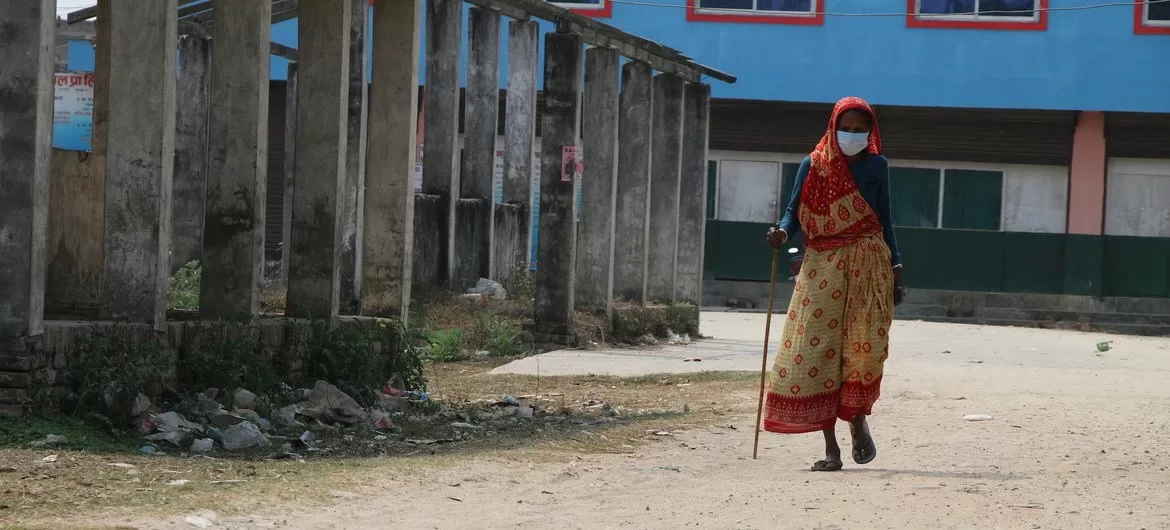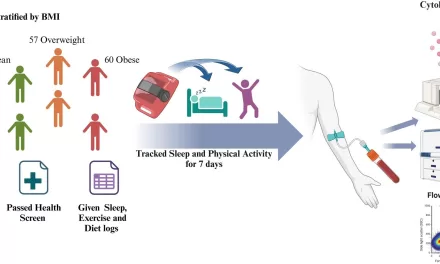Living with a chronic illness within a family is challenging—often made more difficult when the diagnosis indicates a worsening condition with no chance of recovery. This harsh reality can be experienced by any family, with any loved one—whether a grandparent, parent, sibling, or partner—suddenly thrust into the grip of a chronic illness or disability. The physical, emotional, and psychological toll on family members is immense, as they navigate the complexities of life with a loved one facing illness, and the inevitability of death.
A shift in perspective can offer clarity and support. Systemic therapists suggest viewing the family not as individual members, but as a “system,” where the actions and emotions of each person affect the whole. By recognizing that they are part of a collective, family members can better support each other through grief, fostering a sense of unity during tough times.
John Rolland, a psychiatrist who has worked extensively in this area, proposed the idea of tracking a family’s experience with illness as a timeline—from the initial symptoms and diagnosis, to managing the condition, and eventually, to a terminal stage of life. This comprehensive view helps family members step back from the emotional chaos of a diagnosis and gain a broader understanding of the challenges they are facing together.
How families cope with chronic illness varies based on numerous factors, including the illness itself and the family’s internal culture. Families that tend to be more insular may keep the diagnosis private, excluding even professionals or neighbors from the details. In contrast, families with open communication typically fare better in seeking help and understanding their challenges.
The nature of the illness plays a major role in determining how a family copes. Chronic conditions such as severe asthma or cystic fibrosis often fluctuate, with flareups creating regular emergencies, while others, like motor neuron disease, Parkinson’s, or Huntington’s disease, worsen progressively over time. Illnesses like cancer, which may have uncertain or unpredictable progressions, often provide moments of hope mixed with moments of despair. Conditions such as kidney failure, which requires ongoing treatment like dialysis, also place significant strain on family life, requiring adjustments to regular routines and activities.
In cases where illness has a long trajectory, family members are affected in different ways. For example, children growing up with a chronically ill parent may experience the emotional confusion of witnessing their parent’s decline, possibly affecting their development. Young adults who move away from home may struggle with unresolved feelings from their earlier experiences with illness.
This dynamic can be especially complex when the ill person is a sibling. Their brothers and sisters may feel resentment over the extra attention their sibling receives, even if they intellectually understand the need for such attention. Such emotions—resentment, guilt, and confusion—are common but often unresolved, requiring professional support to work through them.
Another consequence of long-term illness is the emotional burden placed on young caregivers. Many children and adolescents, in an effort to help, become caregivers themselves, which can affect their education, social life, and overall emotional health. These experiences can leave long-lasting scars, making it crucial to seek therapy or counseling, even many years after the fact.
One of the most difficult phases in a family’s journey with chronic illness is when the disease enters its terminal stage. This is when families are told that the patient’s treatment will be switched to palliative care, a term often used to indicate that the person is nearing the end of life. At this point, a process known as anticipatory grief sets in, where family members begin to mourn their loss before it happens, navigating the emotional complexities of knowing that a loved one is going to die.
This period of anticipatory grief is not uniform. Different family members may respond in different ways, depending on their age, emotional state, and closeness to the dying person. While some may find solace in holding onto hope, others may start to prepare themselves for the inevitable loss. Conversations with specialist nurses and other healthcare professionals can help families understand what to expect, which can alleviate some of the anxiety surrounding the unknown.
However, not all deaths follow a predictable pattern. In rare instances, a sudden or unexpected death can complicate the grieving process, leaving family members struggling to adjust. A patient’s sudden deterioration or unexpected death, even if expected in the long term, can create shock and confusion that further complicate the already difficult grief journey.
Ultimately, grief is an intensely personal experience, and no two people mourn in the same way. It’s essential to recognize and honor each family member’s unique grieving process. Professional support is often invaluable during this time, whether through individual therapy, group counseling, or family therapy. As someone who has worked with grieving families, I’ve seen firsthand how important it is for families to respect and make space for each other’s grief, recognizing that the healing process is unique to each individual.
In the end, the experience of chronic illness within a family is a profound one, marked by struggle, loss, and, at times, moments of deep connection. By understanding the dynamics of illness, seeking help when needed, and respecting each family member’s grief, families can navigate the difficult terrain of illness and loss together, finding strength in their shared experiences.












